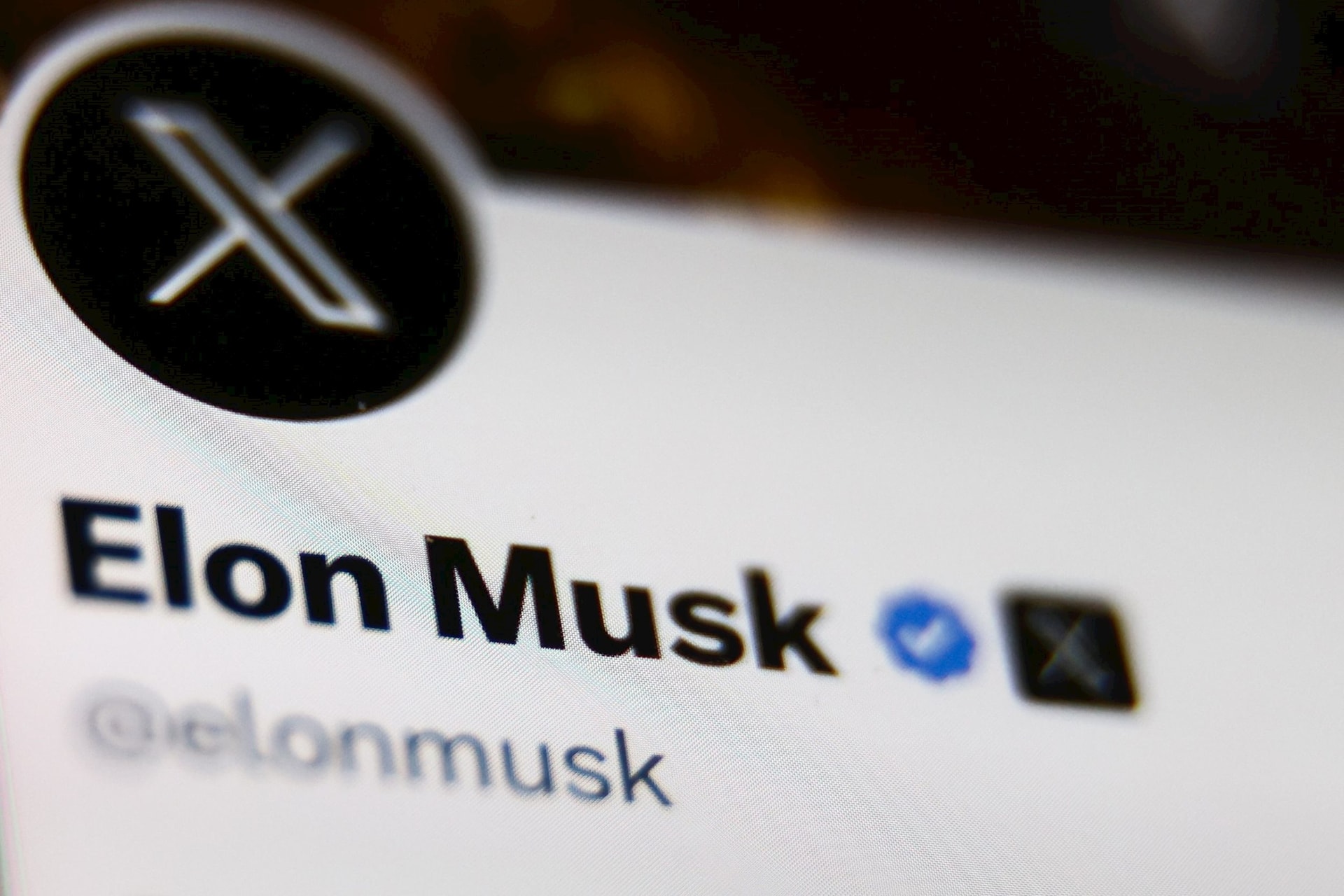
 Elon Musk wants X to operate in China – Photo: Internet
Elon Musk wants X to operate in China – Photo: Internet
“Han Zheng met with Elon Musk and welcomed US companies, including Tesla, to seize opportunities and share the fruits of China’s development,” Xinhua news agency reported.

Han Zheng described US businesses as the “backbone” of the relationship between the two countries and called on businesses to “play an active role as a bridge” in US-China relations, Xinhua said.
Last week, Bloomberg reported that Chinese officials were evaluating a potential option that would involve Elon Musk buying TikTok’s U.S. operations if ByteDance fails to fight the ban. Chinese officials would prefer TikTok remain under the ownership of its parent company, ByteDance.
A potential mega-deal with one of Mr. Trump’s closest allies has appeal to the Chinese government, which is expected to have a say in whether TikTok is ultimately sold, Bloomberg News reported . Elon Musk has spent more than $250 million to support Mr. Trump’s reelection and was tapped to co-head the Department of Government Efficiency with businessman Vivek Ramaswamy.
However, TikTok denied the news that it wanted to sell its US operations to Elon Musk, according to BBC.
